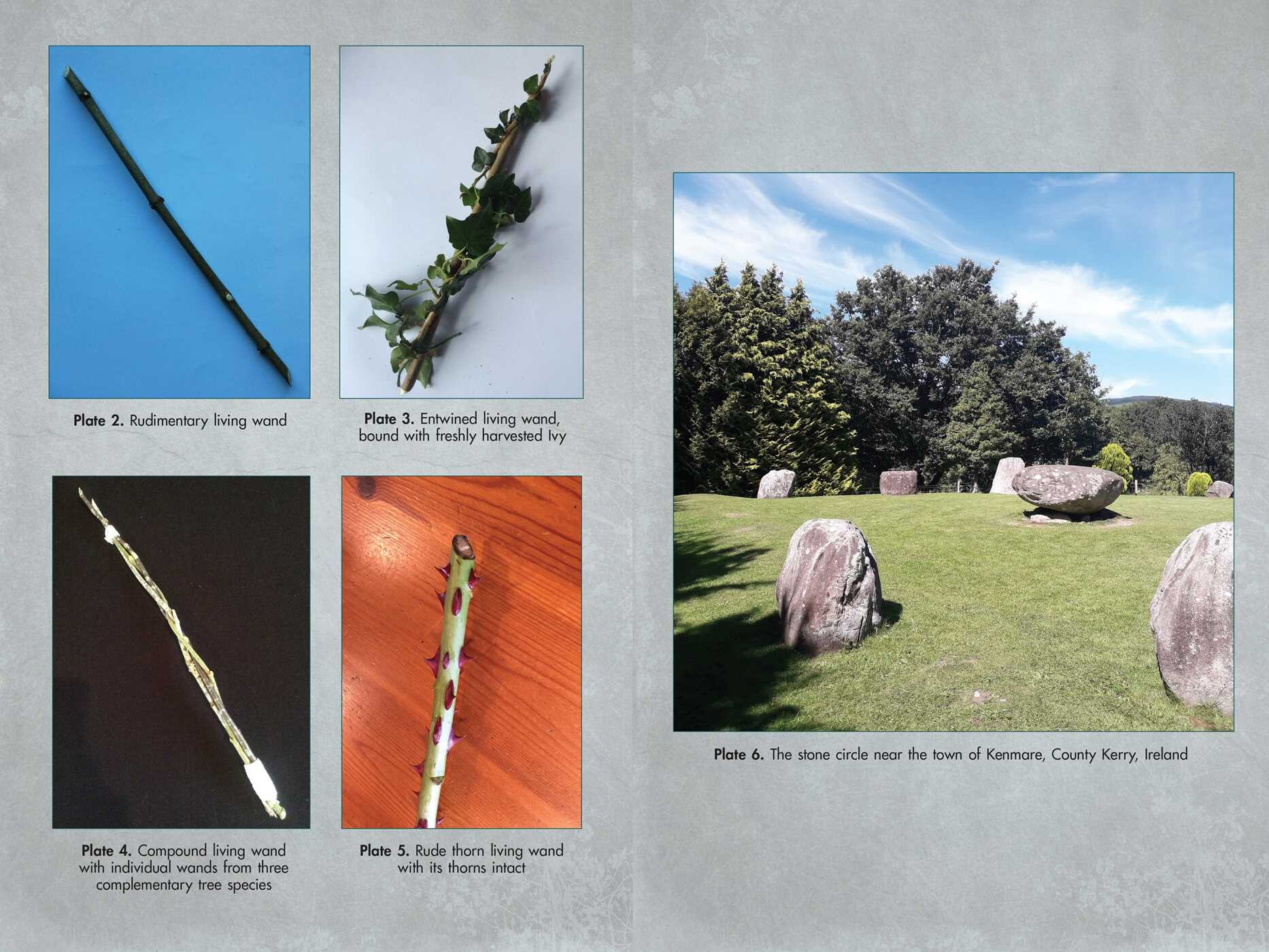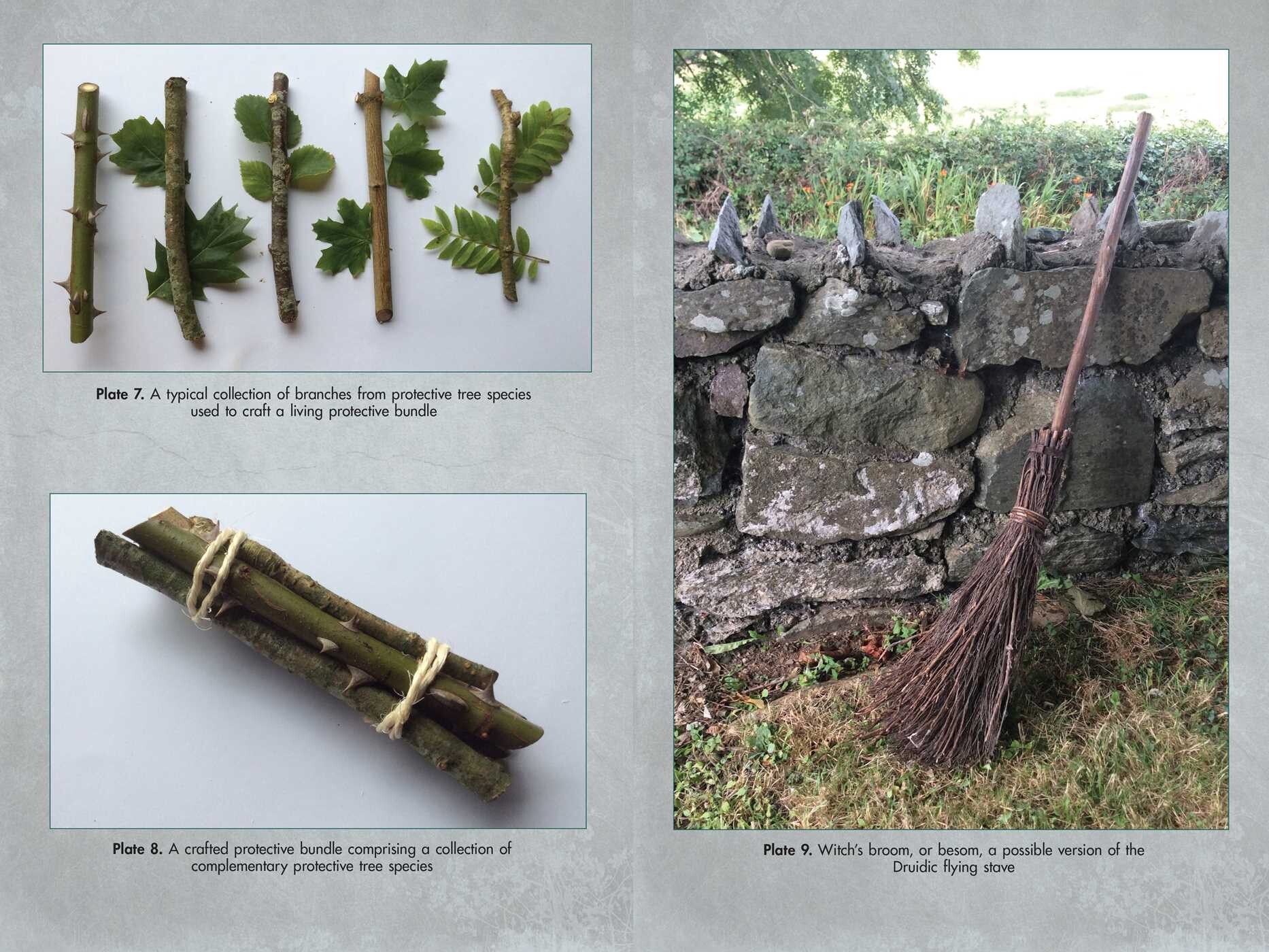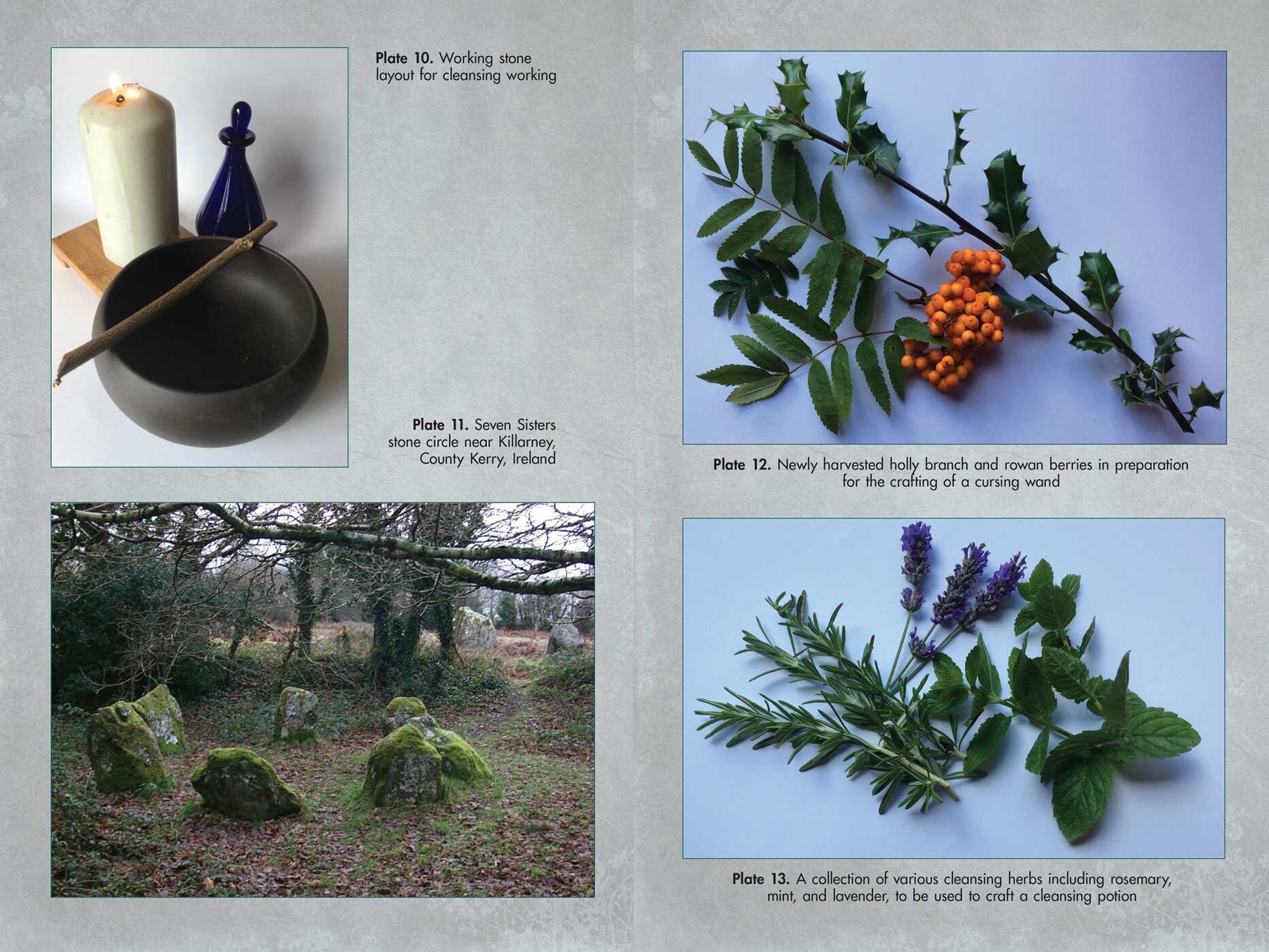Plus, receive recommendations and exclusive offers on all of your favorite books and authors from Simon & Schuster.
Table of Contents
About The Book
• Explains the variety of woods and other botanicals that may be used to craft wands, their magical and hermetic attributes and virtues, and how these influence the adept’s intention and magical workings
• Offers detailed harvesting advice, explaining the necessary magical actions specific to each tree as well as important influences such as the phases of the moon and the seasons
• Offers step-by-step instructions for wand practice, including magical workings, cleansing, intention, potentializing, and how to properly return a wand to nature
From Moses to Merlin to the power of the royal scepter, the wand has been a key magical device found in nearly every civilization and esoteric tradition throughout history. The fundamental purpose of a wand is to act as a spiritual conduit, harnessing the power of the adept’s intention and channeling it into manifestation.
Exploring the history, lore, and creation of living wands—those crafted from local natural materials—fifth-generation Druid Jon G. Hughes presents a practical guide to the harvesting, crafting, and potentializing of living wands as well as rods and staffs. He offers detailed harvesting advice, explaining the spiritual energies specific to each tree as well as important external influences such as the phases of the moon and the seasons. He looks in depth at wood lore, explaining the variety of woods and other botanicals that may be used to craft wands, their magical and hermetic attributes and virtues, and how these influence the adept’s intention and magical workings. Trees and botanicals examined include oak, hawthorn, hazel, birch, apple, rowan, mistletoe, holly, and ivy.
The author explores various types of wands—from rudimentary, entwined, and compound wands to more unusual wands, such as thorn, forked, and brewing wands as well as protective and binding bundles—detailing how each differs in its use and intended outcome. He offers step-by-step instructions on how to use wands for magical workings and explains other aspects of wand practice, including cleansing, intention, potentializing, and how to properly return a wand to nature after its purpose has been fulfilled.
Presenting a complete guide to crafting and using living wands, this book allows you to harness the magical essence of the living natural resources that surround you, helping you elevate your manifestations from the mundane to the higher spiritual planes.
Product Details
- Publisher: Destiny Books (January 30, 2024)
- Length: 232 pages
- ISBN13: 9781644118047
Browse Related Books
Raves and Reviews
“As with all of Hughes’s Druidic books, this one offers a unique insight into hereditary Welsh Druidism, which is distinctly different in beliefs, practice, and flavor from the more well-known international neo-Druidry. While this is very different indeed from most modern practices, and indeed some of the Irish traditions (e.g., the Irish Aspen funereal wand), it makes sense entirely as a means to harness the living and natural power of trees and shrubs for magical purposes. This book only covers ten trees, but it is very comprehensive and practical in terms of understanding the principles and techniques that could then easily be employed with other plant species. An excellent, instructive guide and a very worthwhile addition to any Druid’s library.”
– Luke Eastwood, author of The Druid’s Primer and The Druid Garden
Resources and Downloads
High Resolution Images
- Book Cover Image (jpg): Living Wands of the Druids eBook 9781644118047














